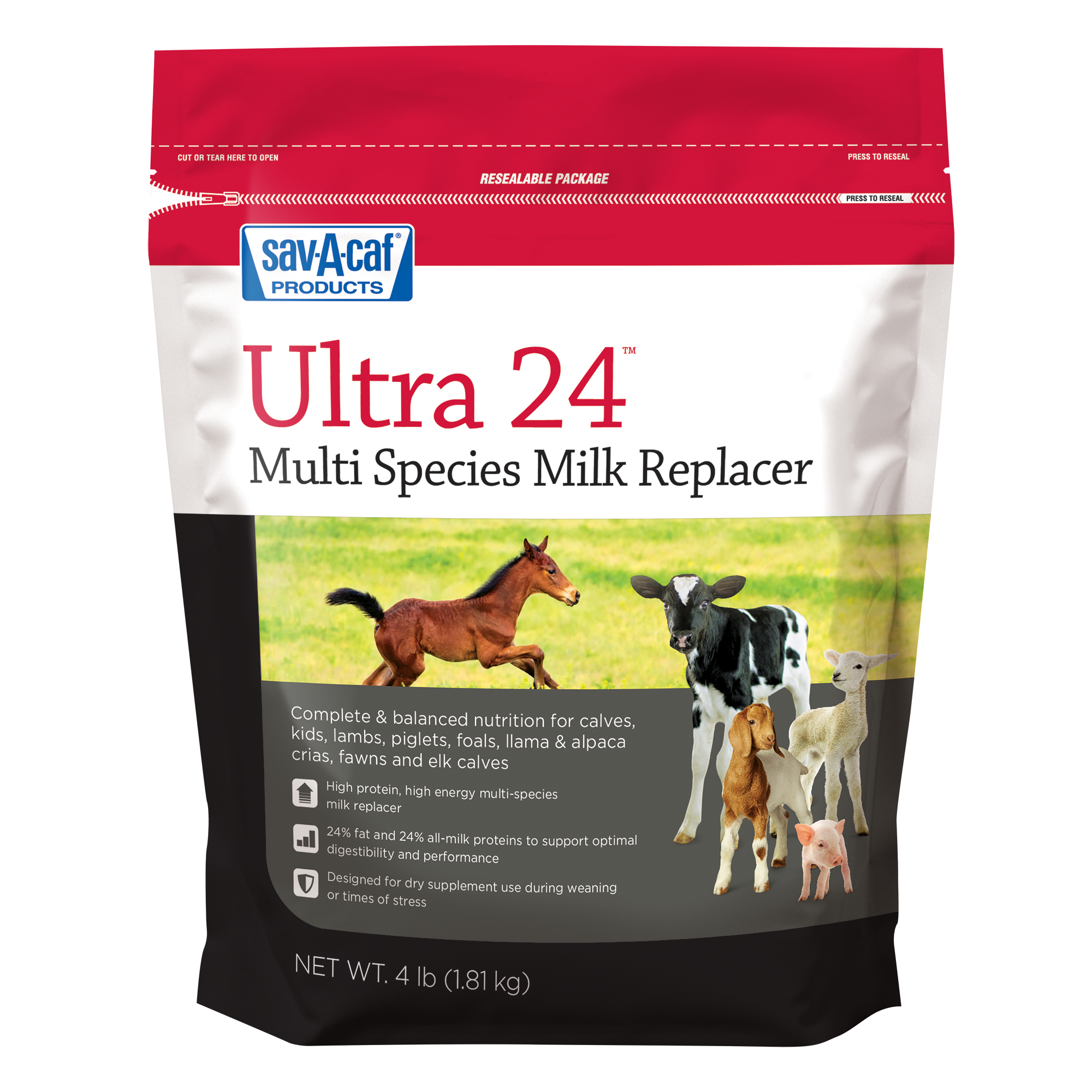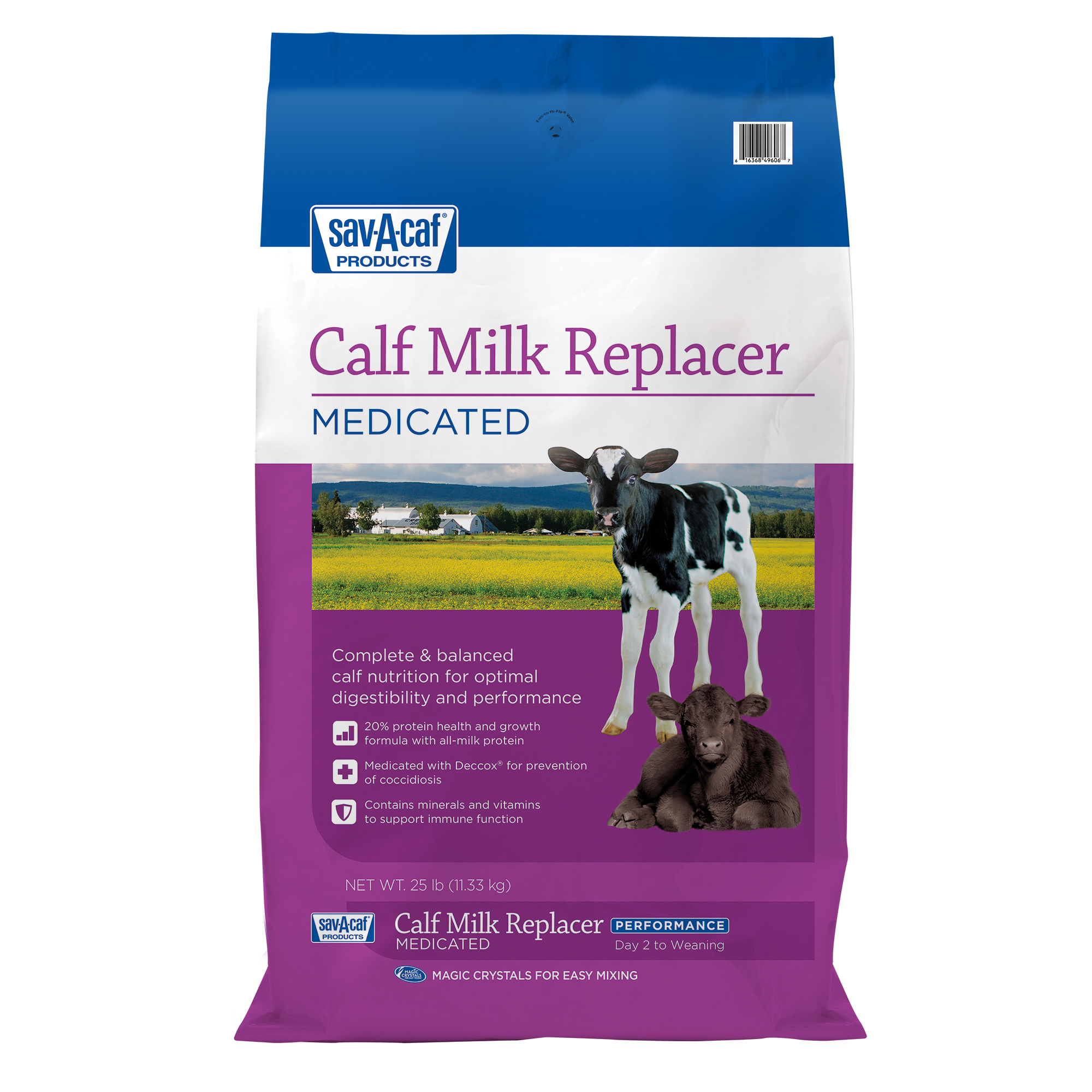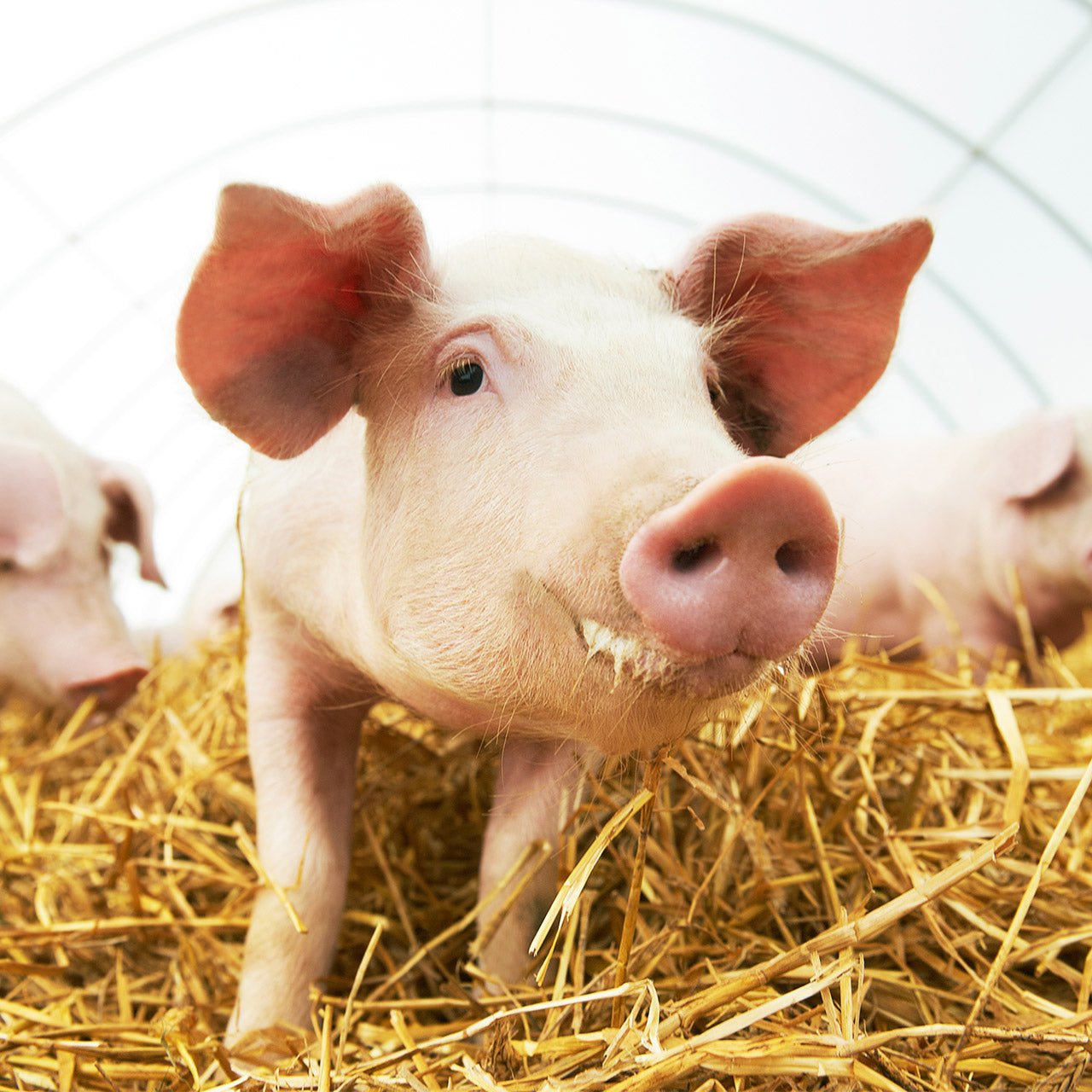
Effective ways to help keep your piglets healthy
Good nutrition and proper feeding practices are key in protecting your newborn piglets from illness. Follow these mixing and feeding tips to keep your little piglets happy and healthy.
Measure Feed Accurately
For the most accuracy while measuring milk replacer powder, measure by weight with a hanging scale instead of measuring by volume with a scoop or cup. When you mix large batches, add the powder before adding the warm water at 115-120 degrees Fahrenheit, then add enough water to bring to volume. Always mix until the powder is fully dissolved. These are important details to achieve the intended nutrient content.
Bottle feed your piglets with milk replacer that is near their body temperature, which is 102 degrees Fahrenheit. However, recommended mixing temperature may vary by product formulation, which is why it’s most important to follow the package’s instructions.
Proper Sanitation Makes All the Difference
Proper sanitation and maintenance of the feeding equipment can help keep your piglets from getting sick because bacteria grows very quickly on feeding equipment. To make sure they are clean, wash your troughs, bottles and nipples in soapy water and rinse well after every feeding.
Any moisture left on the equipment provides the optimal environment for bacteria to grow. Be sure to dry your equipment thoroughly between feedings. It’s also important to never mix new colostrum or milk replacer with already-mixed product that has been left sitting out without refrigeration. Lastly, check your equipment for damage that could cause overconsumption or faster-than-usual feedings that could lead to digestive upset.
How to Handle Illness
Although you may be taking all these precautions, your piglets can still fall ill. Piglets are especially susceptible to scours, or diarrhea, in the first week and at weaning. If this occurs, supplementation may be required to ensure they are getting enough nutrients and staying hydrated. It’s especially important to maintain proper fluid levels and support hyrdration by feeding an electrolyte supplement.
Electrolyte supplements should be fed in addition to the piglets’ normal diet, because they don’t contain all the nutrients of milk replacer. The additional calories also may provide extra energy the piglet needs to help fight off the infection or illness that is causing the scours. If the scours does not improve within a few days, this could be a sign of a more serious illness such as transmissible gastroenteritis (TGE) or swine dysentery.
If you are experiencing any complications with your piglets, your veterinarian will be the best source of information and advice for caring for sick piglets. Consult with them for diagnosis and treatment options.
Discover more piglet care and nutrition tips and follow My Farm Journey on Facebook and Instagram.
Find Solutions for Your Animals
-
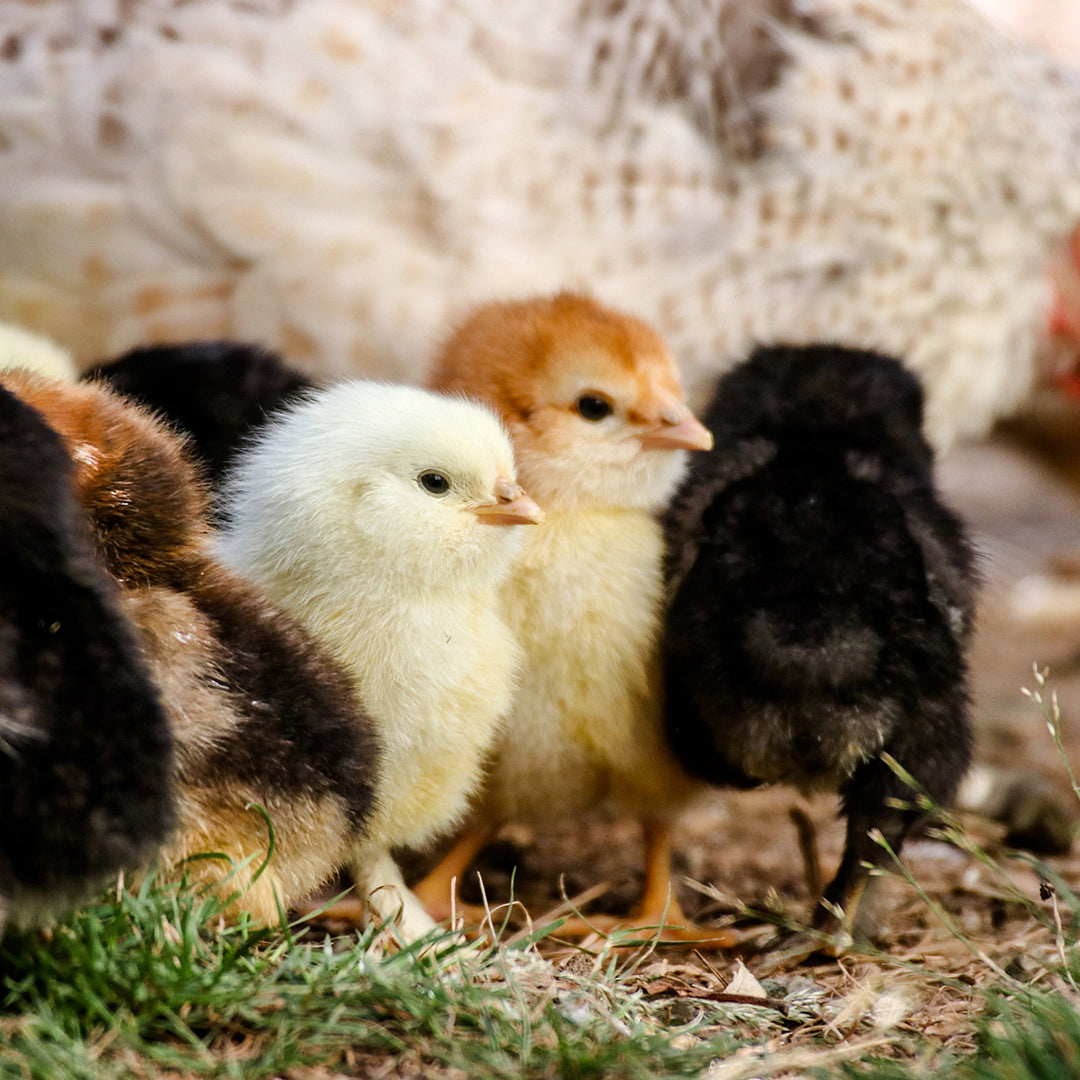
Whether housed in a coop or free ranging on your farm, your birds are exposed to multiple threats every day that could cause illness or impact their well-being. Now there’s a way to be more proactive with regular support for...
-
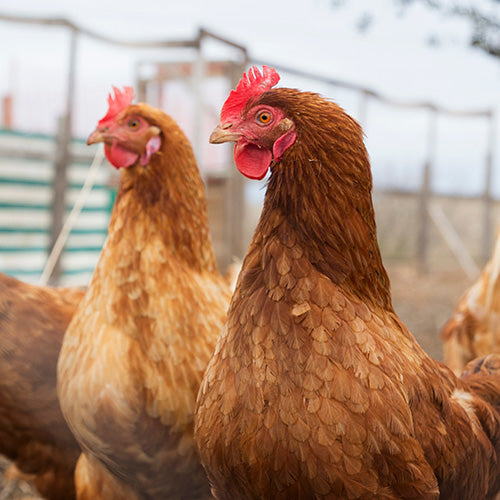
You’ve raised your chicks to adulthood and now they’re fully feathered hens. Way to go! Now, you get to enjoy their eggs and companionship for years to come. To maximize their life, support their production potential and kee...

